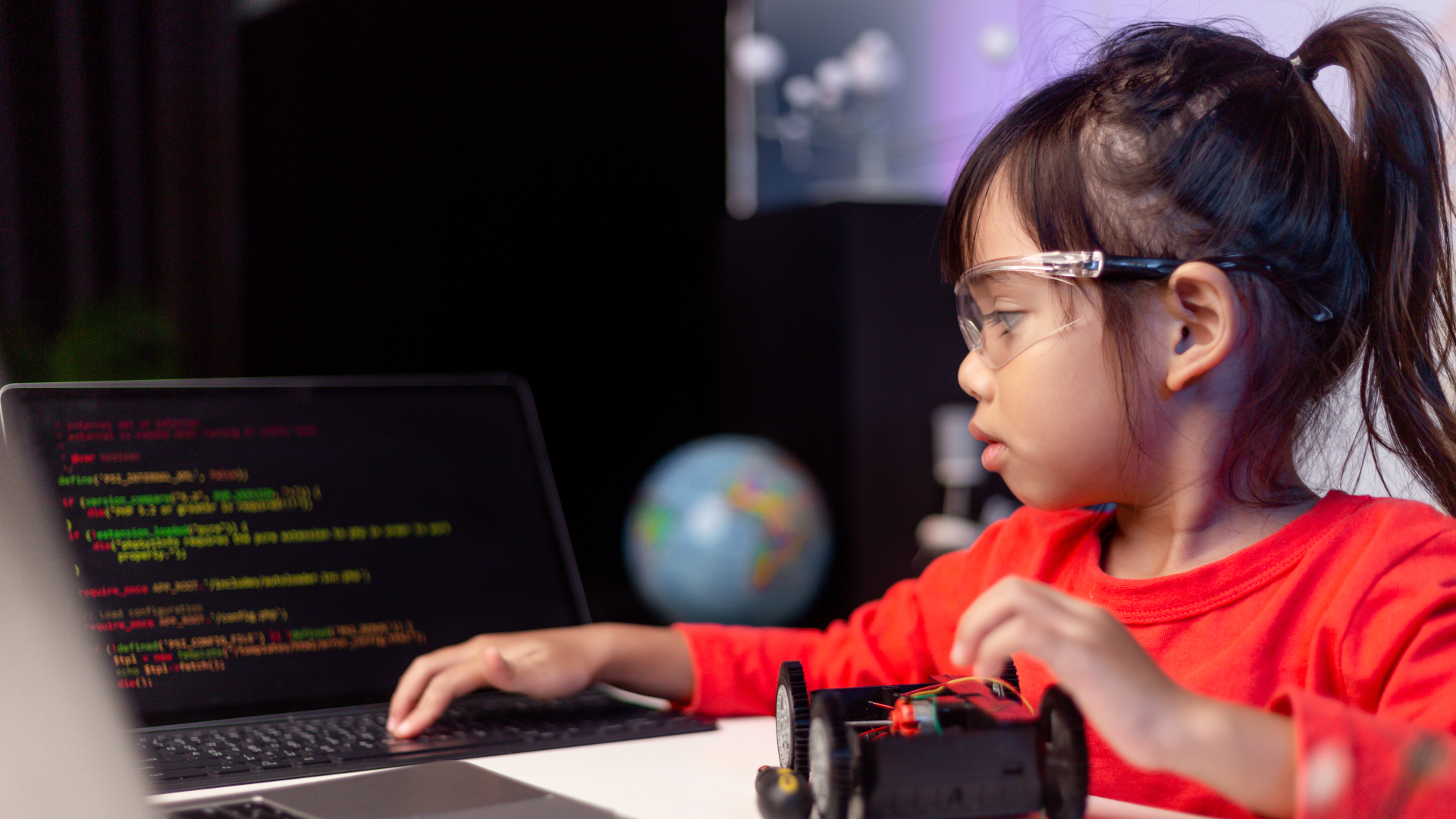Expert Says AI Will Transform Education as Powerful Tools Proliferate
In an insightful discussion, an expert highlights how the emergence of powerful AI tools is set to transform the educational landscape. The article delves into the various ways in which these advancements could reshape teaching and learning processes, offering new possibilities for both educators and students.

"AI will affect how the teacher and the teaching machine function (in the field of education), such as whether the machine will replace or weaken the human teacher's role," Zhang stated during his participation in a panel discussion at a forum hosted at the Tsinghua University Art Museum in Beijing.
This forum was part of the activities surrounding the awards ceremony for a national AI robot competition and was organized by the Chinese Association for Artificial Intelligence (CAAI). The aim was to provide a platform to present the latest research and advancements in AI across China.
Zhang, aged 89, who initiated his AI studies in 1978, serves as the honorary director of the Institute for Artificial Intelligence at Tsinghua University. With over four decades of involvement in AI research and education, he continues to be a significant advocate for innovation among the younger generation in China.
Zhang highlighted during the event that Chinese education highly values problem-solving abilities. However, he believes that the capacity to formulate questions is crucial for fostering innovation and technological progress.
Also participating in the discussion, Han Liqun, the former head of the School of Information Engineering at Beijing Technology and Business University, discussed the potential for AI to enhance educational practices.
"Personalized teaching can be carried out in large-scale in the future. Led by a human teacher, each student can have an AI teaching assistant that provides teaching programs according to the student's learning ability and characteristics," Han explained.
She further noted that AI teachers, which incorporate the experiences of numerous human educators, could be accessible to thousands of students, thereby enhancing educational equity across different regions.
Han emphasized the importance of mentoring young individuals on the proper use of AI tools and encouraging them to develop a concept of "technology for good" alongside a strong sense of social responsibility.
The competition highlighted notable participants, including educators and students from various educational levels. Younger participants also stood out, such as ten-year-old Yang Yuzhou, a primary school student and one of the competition's first-prize winners. Having started learning coding the previous year, Yang aims to create intelligent robots to aid humans.
The event showcased the supporting roles of parents in nurturing their children's technological interests, emphasizing family involvement in the pursuit of technological education.
Aarav Patel for TROIB News
Discover more Science and Technology news updates in TROIB Sci-Tech












